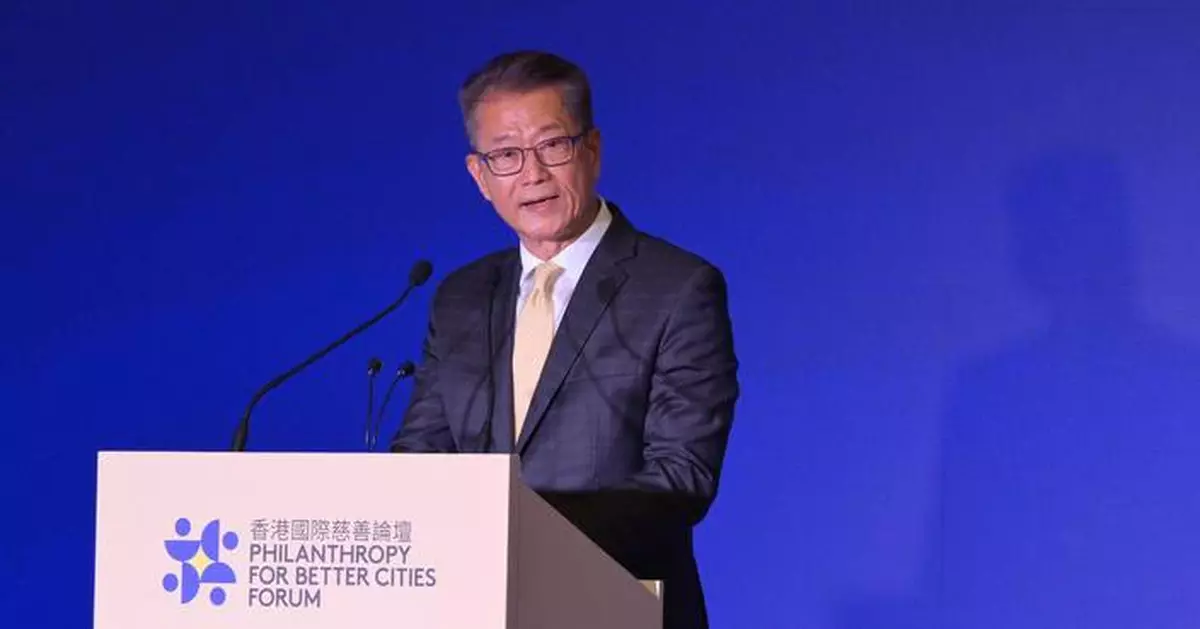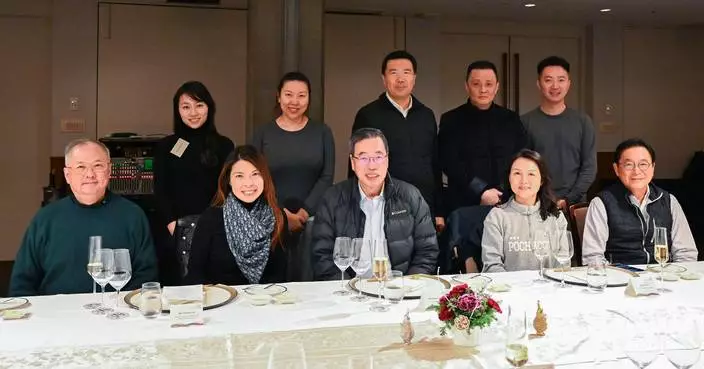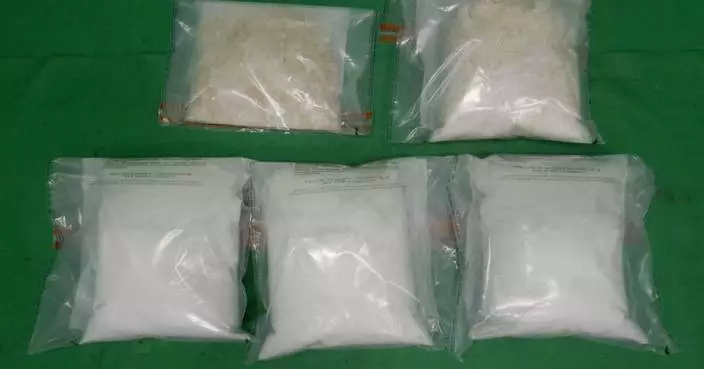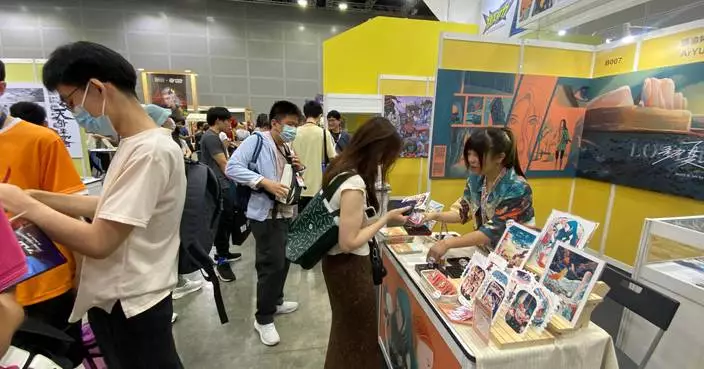Speech by FS at Gala Dinner of Philanthropy for Better Cities Forum 2024
Following is the speech by the Financial Secretary, Mr Paul Chan, at the Gala Dinner of the Philanthropy for Better Cities Forum 2024 today (September 10):
Commissioner Pan (Deputy Commissioner of the Office of the Commissioner of the Ministry of Foreign Affairs of the People's Republic of China in theHong Kong Special Administrative Region, Mr Pan Yundong), Michael (Chairman of the Hong Kong Jockey Club, Mr Michael Lee),Winfried (Chief Executive Officer of the Hong Kong Jockey Club, Mr Winfried Engelbrecht-Bresges), distinguished speakers and guests, ladies and gentlemen,
Good evening. It is a pleasure to join you tonight at the closing gala dinner of this year's Philanthropy for Better Cities Forum. Over the past two days, you have engaged in meaningful and insightful conversations about the transformative power of philanthropy and how we can create real impact through giving and investing.
I extend my heartfelt gratitude to the Hong Kong Jockey Club and to all of you for contributing to this remarkable cause.
The case for more impact investments
The global challenges we face are becoming increasingly acute. Three years of the pandemic have highlighted the need to enhance the resilience of our healthcare systems.
We are also witnessing the intensifying effects of climate change, with natural disasters impacting communities around the world.
The United Nations' Sustainable Development Goals - such as poverty reduction, improving access to quality education, and promoting gender equality - remain far off track at the halfway point.
While governments worldwide recognise the necessity of addressing these pressing issues, many lack the resources to pursue them, especially following the fiscal constraints caused by the pandemic. This is where the private and philanthropic sectors can step in to fill the gaps.
Fortunately, the global community is increasingly embracing impact investing. Asset owners, investors, and philanthropic foundations do not just allocate funds for charitable purposes but also seek financial returns and measurable social outcomes. This represents a paradigm shift, incentivising investments in impactful projects. Estimates suggest that the global impact investing market had grown to aroundUS$1.2 trillionin 2022.
Where Hong Kong can contribute
In Asia, impact investing has recorded substantial growth. East Asia, in particular, is seeing an annual growth rate of 21 per centover the past five years. However, there remains considerable room for expansion. Some estimates indicate that42 per centof global wealth resides in Asia, but it receives only14 per centof global impact investment.
As Asia's leading international financial centre, Hong Kong is well positioned to support impact investing. Assets under management in our asset and wealth management sector is to the order of US$4 trillion. As at June this year, there were over 230 ESG (environmental, social, and governance)funds authorised by our Securities and Futures Commission. Together they manage assets worth US$170 billion. There are around 2 700 single family offices operating in the city, with over half of them managing assets of over US$50 million.
More crucially, we offer a wide range of financial products that cater to the needs and appetites of impact investors.
For example, green bonds. Given our alignment with the best international green standards, Hong Kong is a trusted hub for both Mainland and foreign entities to issue green bonds. Last year, green debt arranged or issued in Hong Kong amounted to overUS$50 billion, with green bonds representing over one-third of Asia's total.
Another example is catastrophe bonds, which seek to share natural disaster risks with investors while offering attractive returns. Since 2021, there have been five catastrophe bonds issued in Hong Kong, covering events from earthquakes to storms, from the Chinese Mainland to Chile, and from Japan to Jamaica. They involved a total sum of overUS$700 million. Two of these bonds are listed on the Hong Kong Stock Exchange.
Looking to the future, we anticipate the introduction of more innovative financial products that will facilitate impact investing.
Beyond green finance, we want Hong Kong to become a philanthropic hub that connects people, capital and projects, while leading in ideas and thought leadership.
Hong Kong is an open and multicultural city with a truly global perspective. Here, global financial institutions, international foundations, charitable organisations, academics, professionals, and a diverse pool of talent converge, creating a vibrant network that advances the philanthropic cause.
The Government is committed to driving this progress forward. Over the past two years, the Wealth for Good Summits held in Hong Kong have successfully brought together influential family office owners and decision-makers to explore strategies for effective philanthropy and wealth legacy.
And this year, we are excited to launch a charity initiative called "Impact Link", a dynamic repository of high-potential, high-social-impact charitable programmes, which philanthropists around the world can access.
And it would be remiss of me not to talk of the good work of the Hong Kong Jockey Club, and the Institute of Philanthropy it established as a "think-fund-do" tank.
I am pleased to note that the Institute is dedicated to promoting philanthropic thought leadership at local, regional, and international levels, in collaboration with its funding partners. It supports both regional and global charity projects.
And at this Forum, the Jockey Club has taken a further step by launching the Commission on Asian Philanthropy, which brings together experts from the region to unleash the full philanthropic potential of Asia.
Closing
Ladies and gentlemen, the Forum over the past two days has served as a call to action. The insights shared by our speakers and participants have provided us with a wealth of knowledge and experience that will undoubtedly inspire new ideas and foster more collaborative efforts. I invite you to continue this conversation, to build networks, share ideas, and work together for a better philanthropic future. For us all.
Last but not least, I know that the Hong Kong Jockey Club will be hosting a cake-cutting ceremony for its 140th anniversary this evening. I wish to extend my sincere congratulations to the Club for its outstanding charity work for more than a century, and for its support to arts, sports, and culture, for the betterment of our community. Happy birthday!
Thank you very much.
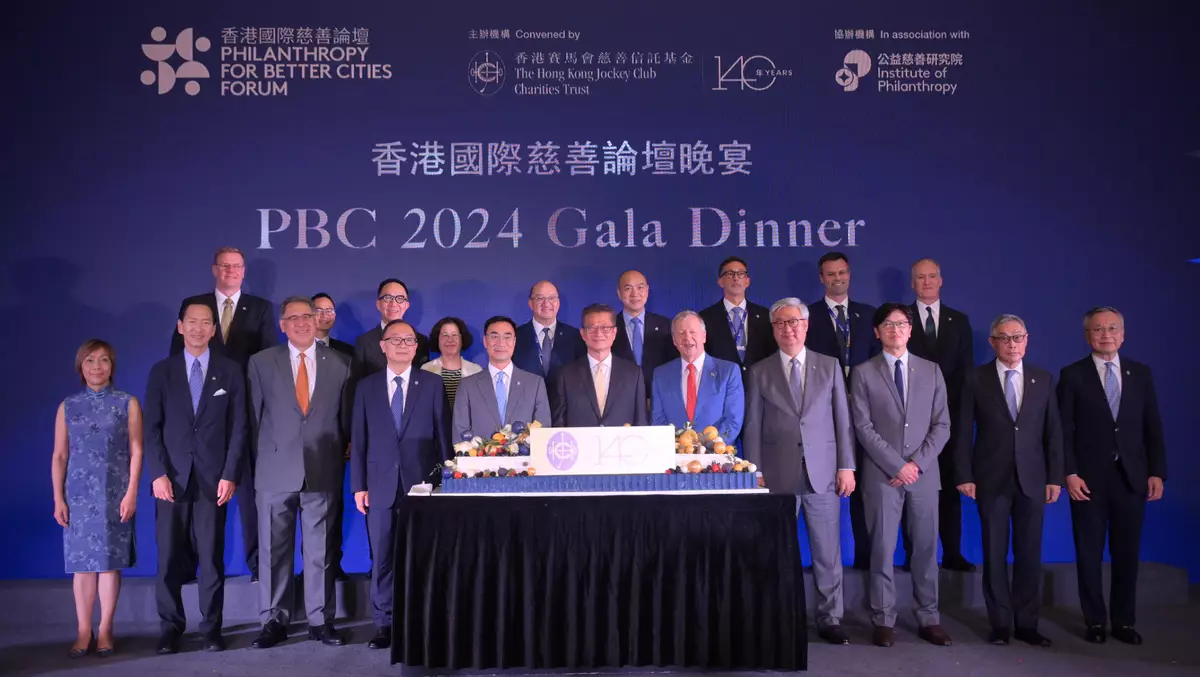
Speech by FS at Gala Dinner of Philanthropy for Better Cities Forum 2024 Source: HKSAR Government Press Releases
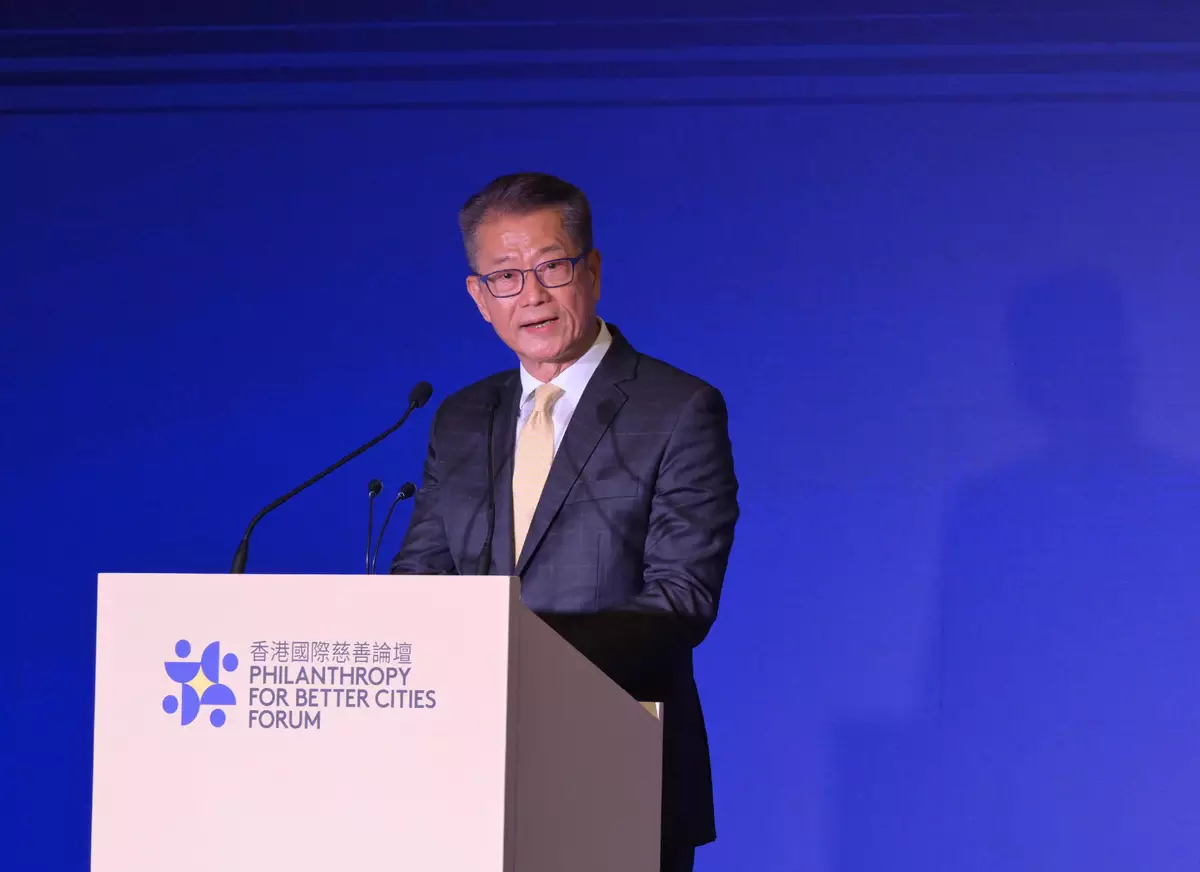
Speech by FS at Gala Dinner of Philanthropy for Better Cities Forum 2024 Source: HKSAR Government Press Releases


